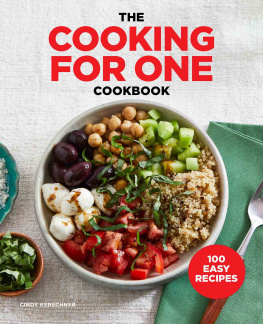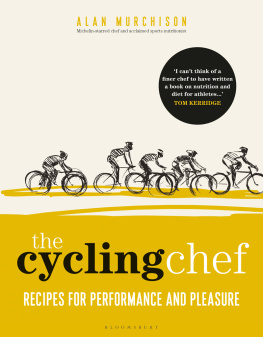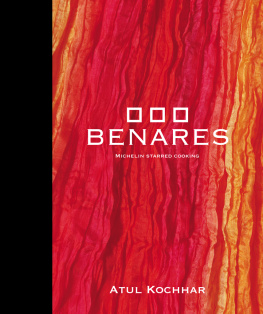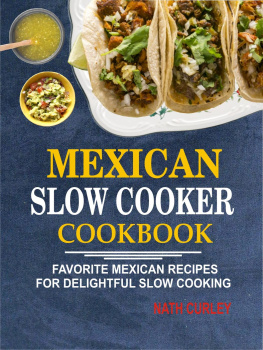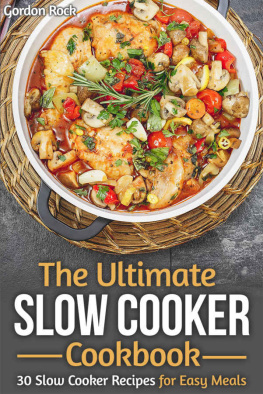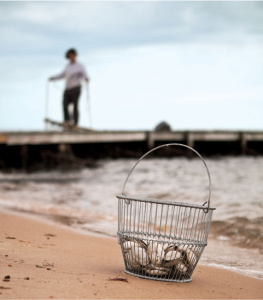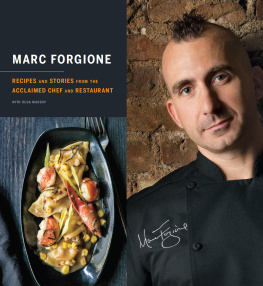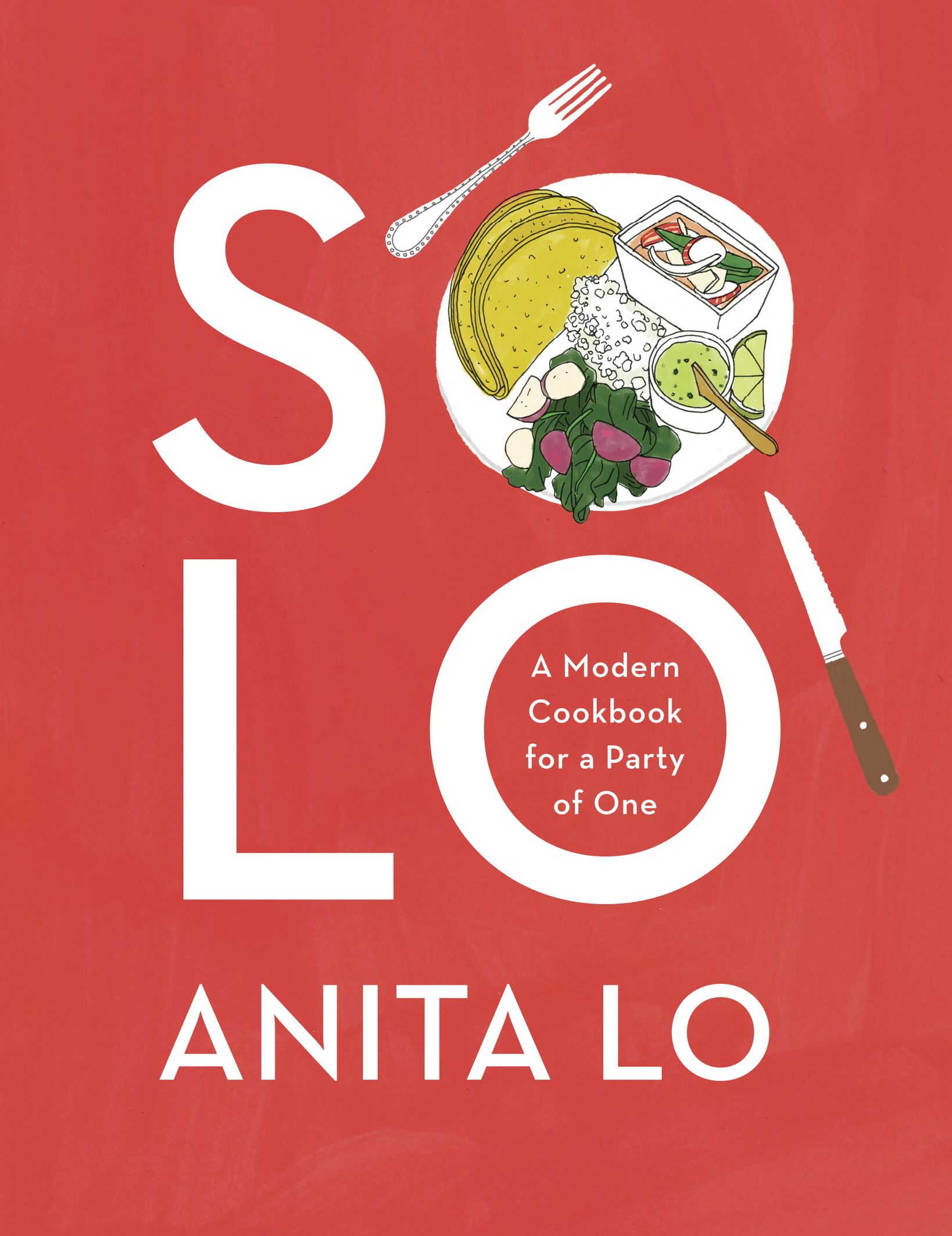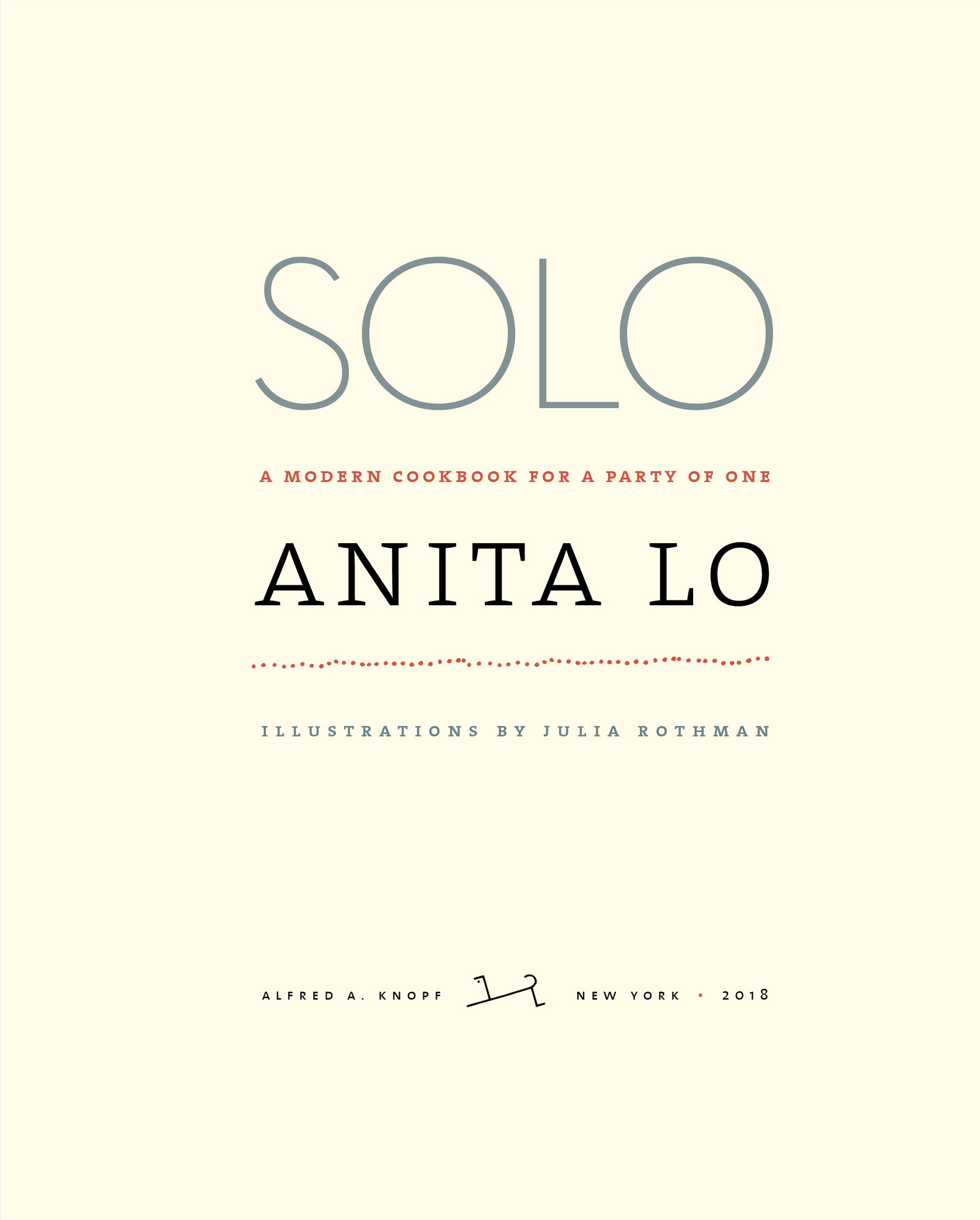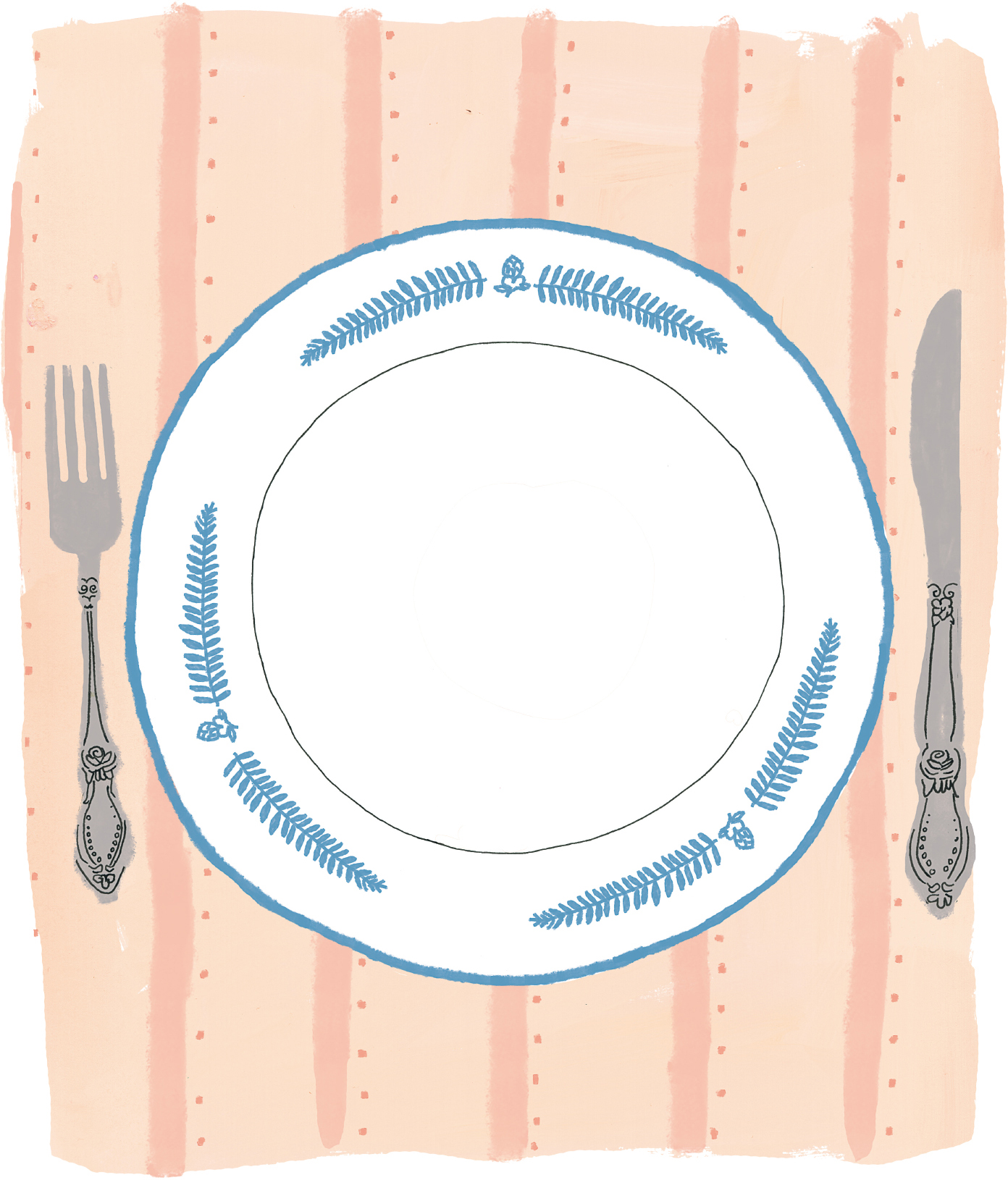INTRODUCTION

I put the Lo in solo. The A Lo in alone. Ive been dumped almost as many times as Ive been in relationshipsand I can count those on less than two hands. Spread over my fifty-year life-span, thats a lot of solo meals. So if you consider thatcoupled with my many years working as a professional chefit seems that Im particularly well suited to write this book. Those chefs who say they cant cook for fewer than forty people? Not meI can do math. It is my Asian birthright.
Im also fanatical about waste. Waste is what makes cooking for one, at least efficiently, so difficult. My parents were Chinese, and my father survived the Cultural Revolution. Food, at least at some point during their lives, was scarce; as a result, I was taught never to waste one bit. In cooking school at the Ritz Escoffier in Paris we were taught to utilize every scrap, and at Bouleymy first cooking jobthe sous chef used to look through our garbage cans to make sure we werent being wasteful. It is an economic issue, but also an ecological and social one. When I cook for myself, much of my food involves using the often-overlooked but just-as-delicious parts of meat and vegetables. For example, I grew up eating broccoli stems as well as the florets. Instead of discarding cabbage hearts, my mother gave them to me to snack on raw while we were cooking. We didnt use radish leaves, but theyre virtually identical to turnip greens, so I generally cook those along with the root itself, which helps you include more dark green vegetables in your diet. And all those parts in the bag that comes inside of a chicken? If used properly, those parts are pure flavorand another meal. Plus, cooking this way is important if youre working with fresh ingredients or on a budget.
The hospitalitarian in me also dictates that meals should be balanced. (Yeah, chefs are neurotic.) There must always be a vegetable or two. And your food should vary from day to day. It should be diverse in ingredients as well as in cultural provenance. Some days youll want to eat light and healthy; on other days, butter is a perfectly good substitute for love. True hospitality extends to others and to yourself. Too often we forget about the latter. This book will help you to remember how to take care of yourself.
When Im cooking at home, I generally make ingredient-focused dishes that are fast and easyI leave the more complicated recipes for my professional life. Ill buy a whole chicken from a local, humane farmer, which might cost a little more, but I make sure that I use every bit. The first night Ill break it down and place the legs and wings in a vacuum sealer bag in usable portions to freeze. If Im alone Ill do the same with one side of the breast, and cook the other for dinner. The bones and neck and gizzard will go into a stock right away or into the freezer for a later date. Ill either freeze the liver until I have enough to make a mousse or chopped liver, or Ill make a salad with it the next day, along with the heart, for a quick bistro lunch. Dining alone doesnt mean youre misanthropic. Nor does it have to be depressing. Cooking and dining alone can be one of the most blissful and empowering experiences you can have.
This book is for urban dwellers who would like to cook a fabulous, sophisticated meal for themselves, regardless of their circumstance. Although I have a soft spot for the depressed, jilted single, Solo is also for those who are happiest on their own, or those who are part of a fractured family, in whatever formquite often these days, even if were not single, we are left alone due to our partners work/familys social obligation. This book is also for those who have different tastes from their family or partnerwhy shouldnt they eat what they crave?
I hope youll find that this book is the ultimate guide to self-love through the best means possibledelicious foodand that it helps you to celebrate your solitary moments. (If you happen to get a date, or just decide that you want to share, these recipes are easily multiplied by two.)
After all, they say the way to a persons heart is through the stomach. So far, it has worked for me.
Roasted Stuffed Zucchini with Feta, Dill, and Cracked Wheat
The smell of dill can sometimes bring memories to mind of a strange day I spent in Greece. I adored GreeceI was awed by the history and architecture, inebriated by the sea-salt air, charmed by the people, and inspired by the food. But I did have one particularly harrowing, if comical, day while I was there. In 1997, my then-partner Jen and I took a year off to travel, and at some point decided it would be funny to make a pilgrimage to the island of Lesvos, and, in particular, to Sapphos birthplace, Skala Eressos. Aside from the obvious gay attraction, we were lured by our guidebooks promises of a spiritual community, sandy beaches, great restaurants, and a lovely trip through olive groves on the way there.





